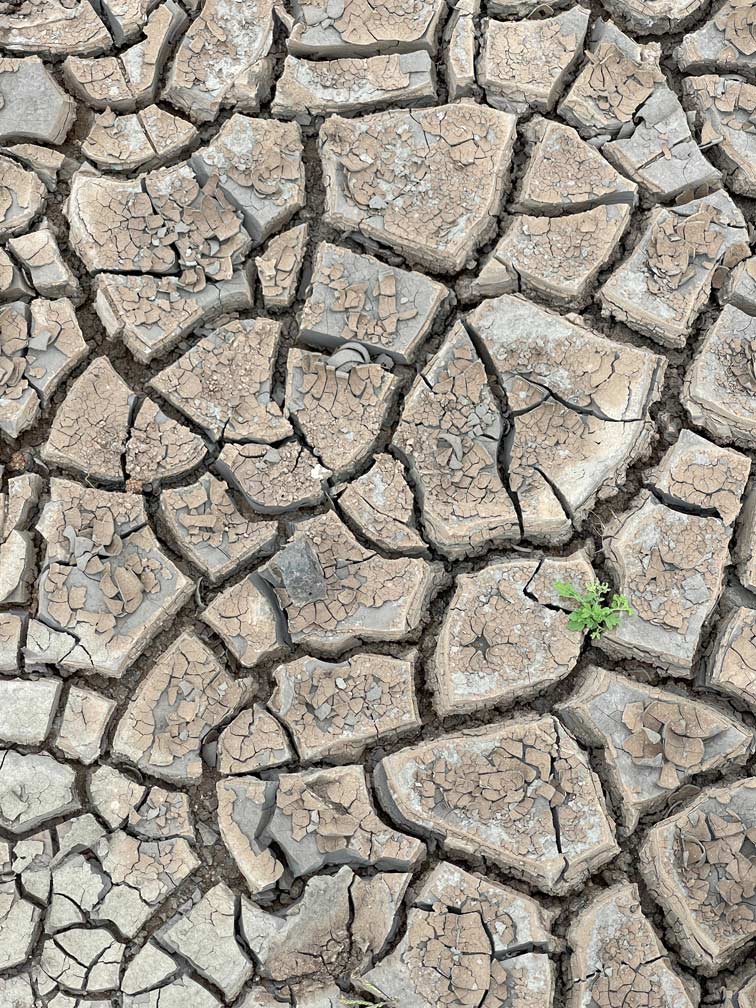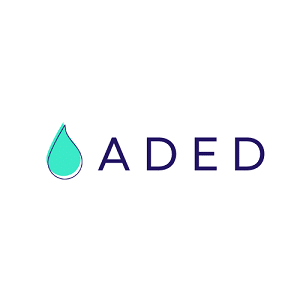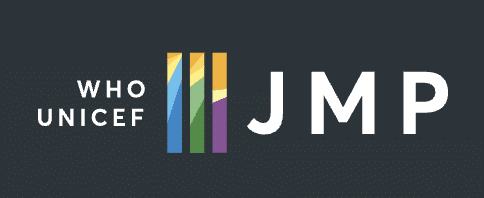If you don’t have access to soap and water, you can use a hand sanitizer containing at least 60% alcohol.
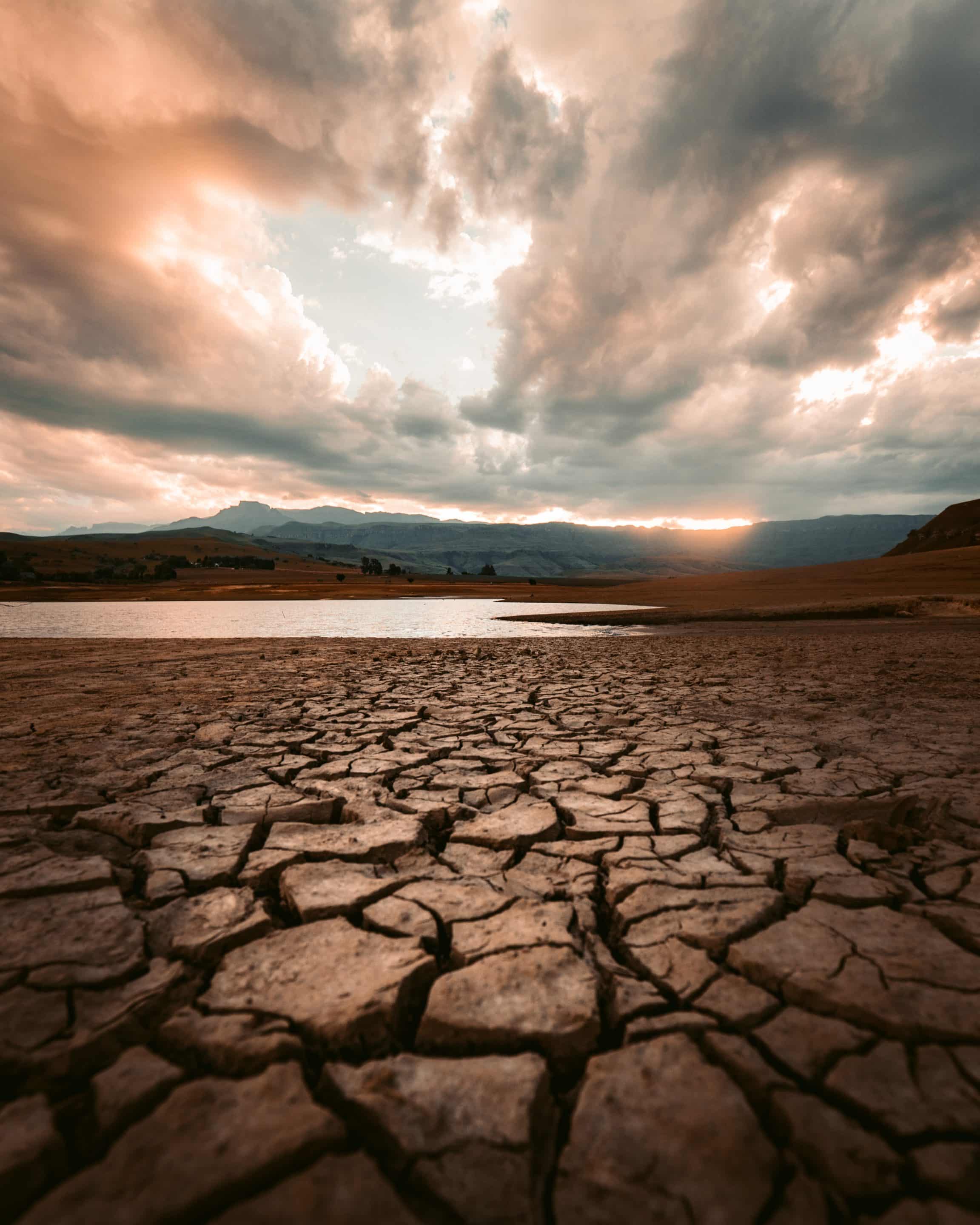
the water crisis
The right to clean water and sanitation is a basic human right to be respected by all nation states. |
About 4.2 billion people in the world have no access to basic sanitation facilities
The water crisis is responsible for more than 2 million deaths each year
About 1.2 billion people in the world have no access to drinking water
The water crisis in developing countries
The water crisis in developing countries is one of the most pressing issues of our times. Water, beyond being a basic resource, is the cornerstone of health, hygiene, education and economic development. However, according to the World Health Organisation about 2.2 billion people do not have access to securely managed drinking water and 4.2 billion do not have adequate sanitation facilities. These figures are even more concerning in regions affected by conflict, natural disasters and climate change.
The consequences of this crisis are as varied as they are serious. Firstly, they manifest themselves as waterborne diseases such as cholera, diarrhoea and malaria which, together, are responsible for the deaths of 800,000 children under five each year. This human suffering and loss of life illustrate emphatically the incalcuable cost of the scarcity of drinking water. Additionally, the crisis also limits access to education, especially for girls. Many girls have to cover long distances on foot just to obtain water which prevents them from attending school, or they are absent during their periods because of the lack of adequate sanitation facilities. Finally, the water crisis is hindering economic development by reducing productivity in the agricultural, industrial and business sectors.
It is estimated that by 2050, close to half the global population could be confronted with water shortages due to population growth and climate change. (UN Water)
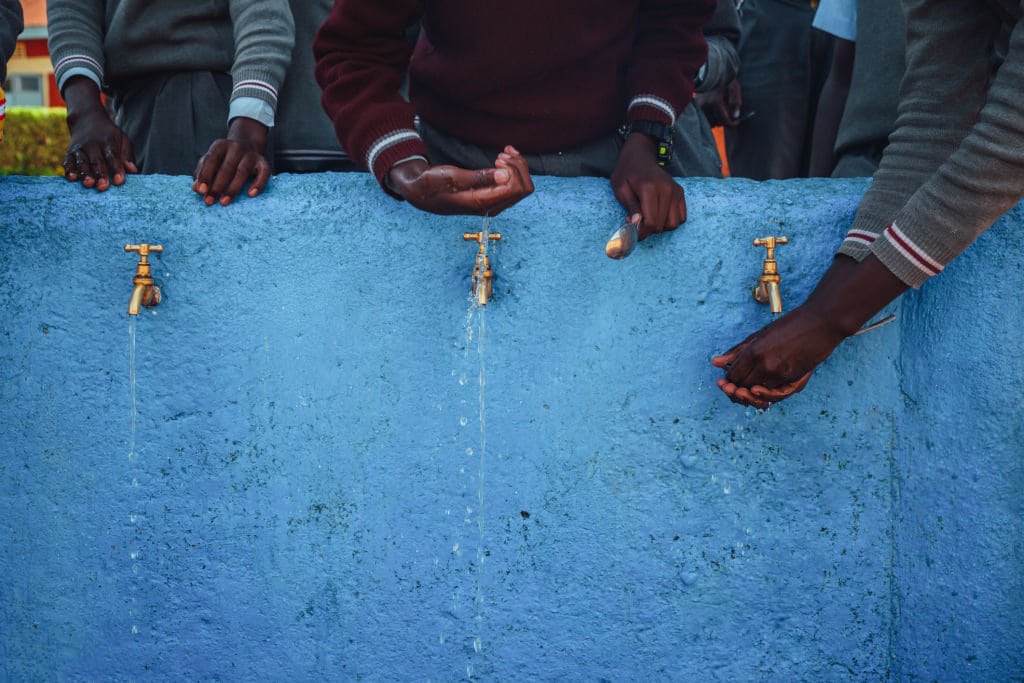
Water extracted for agricultural use and livestock farming
Water extracted for industrial activities
Water extracted for domestic use
The water crisis is an emergency with major implications for health, the environment and the economy. Below is an overview of the situation containing the latest, relevant data.
Water shortage :
Right now, about 1.2 billion people, or close to a seventh of the world’s population, do not have access to safe, clean drinking water. (UNICEF, WHO)
About 2.7 billion people, or more than a third of the world’s population, are facing water privation at least once a month. (UN Water)
It is estimated that by 2050, close to half the global population could be confronted with water shortages due to population growth and climate change. (UN Water)
Water management :
The over-exploitation of water tables is a worrying trend. About a third of all water tables worldwide are over-exploited, that is to say that they are being emptied more quickly than they are being filled. (UN Water)
Conflicts linked to water are becoming more and more frequent. Between 1945 and 1999, close to 300 international agreements linked to water policy have been breached, clearly showing the complexity of the issues in this area. (University of Oregon).
Social and sanitary implications :
Water shortage and poor quality water have a serious impact on the health of populations. Waterborne diseases such as diarrhoea, cholera and dysentery are the cause of a great number of deaths, particularly of children.
The joint UNICEF and WHO report highlights the fact that women and girls are the group most affected by the lack of access to water, sanitation and hygiene (WASH) within the home. It is they who have to collect and fetch water and who are exposed to risks of violence and illness and often deprived of privacy and education.
Water shortage can also bring with it population displacement as people go looking for reliable sources of water, thus creating additional challenges for governments and humanitarian organisations.
Climate change :
Climate change disrupts global rainfall patterns, provoking more frequent and more serious droughts in some regions whilst intensifying flooding in others. (IPCC)
Water quality :
About 2.2 billion people have no access to basic sanitary facilities, which results in their having to defecate in the open air or in inadequate facilities. (UNICEF, WHO)
Agriculture and water usage :
Agriculture is the largest consumer of water, using about 70% of global FRESH water resources. (FAO)
Rapid urbanisation and industrialisation both contribute to the increasing demand for water, thus adding to the pressure on the world’s water resources. (UN Water)
Conflicts and Security :
It is increasingly acknowledged that water poses major geopolitical challenges. Conflicts linked to water can arise at the national and international levels, adding to regional instability.
The competition for freshwater resources is likely to intensify as demand increases as a result of population growth and economic development.
Increasing tensions can arise between countries who share cross border waterways, a fact which underlines the need for international cooperation in the successful management of such shared resources.
Calls to action :
International organisations, governments, NGOs and businesses across the world are working hard on initiatives aimed at taking up these water related challenges.
The 2030 UN agenda for sustainable development, in particular the sustainable development goal number 6, aims to resolve the water crisis. It encourages international collaboration to ensure progress with access levels to drinking water and sanitation.
Various strategies can be implemented in response to the global water crisis
Sustainable water management :
To solve the water crisis, it is essential to promote a sustainable programme for water resources. This requires the focus to be put on the protection of water and river basins, the regulation of the use of water tables and the prevention of over exploitation of resources. Additionally, more efficient agricultural methods need to be adopted to reduce water consumption, such as highly targeted irrigation and sustainable farming.
Water and sanitation infrastructure :
Investment in the improvement of clean water and sanitation infrastructures is crucial, especially in regions where access to water is limited. It is equally essential to put in place water treatment systems which are both accessible and effective in reducing water pollution.
Hygiene education :
Hygiene and sanitation education within communities, especially in rural and developing ones, is a major way to raise awareness in local populations of the importance of personal hygiene and the management water.
Reduction of water pollution :
The implementation of stricter environmental regulations is needed if water pollution due to agriculture, industry and urban waste is to be reduced. It is important to encourage the adoption of cleaner and more sustainable technologies in those industrial sectors which consume large amounts of water.
International cooperation :
Encouraging international cooperation is vitally important in solving conflicts linked to water between countries who share cross border waterways. Mediation and bilateral agreements can play an essential role in the resolution of these disputes.
Adapting to climate change :
It is necessary to develop infrastructure and water management practices which are robust in the face of climatic variations, notably in the storing of water during periods of surplus supply which can be used in a moment of future shortage.
Awareness and education :
Raising public awareness of the challenges for the future of water is crucial, especially by encouraging water conservation methods at an individual, communal and industrial level. It is equally important to involve civil society, NGOs, governments and the private sector in awareness-raising campaigns to ensure the mobilisation of resources and that efforts are dedicated to accessing drinking water.
Financial investments :
The mobilisation of funding at national and international levels is needed to support large scale infrastructure projects and initiatives aimed at improving access to drinking water.
The combination of these approaches, along with the promotion of international cooperation, make it possible to progress towards a resolution of the water crisis in a meaningful and concrete way. Governments, international organisations, the private sector and civil society need to collaborate to guarantee equal access to drinking water and to preserve this life-giving resource for future generations.
According to the latest UN report, there is an imminent risk of a global water crisis !
The Secretary-General of the UN, António Guterres, has launched an urgent appeal for the protection of the planet’s water resources, which are currently threatened by over-consumption, over-development, pollution and climate change. He stated that “humanity has taken a dangerous path without knowing it” and that “we are all paying the price“.
A report from UN Water and UNESCO, published in March 2023, revealed the “imminent danger of a global water crisis”. According to Richard Connor, the key author of the report, the number of people affected by this crisis will depend on the measures taken. “If no action is taken, between 40 to 50% of the population will not have access to sanitation facilities and about 20-25% will not have access to drinking water.” He added that population increase was making the situation even more serious.
Read more
Around 6,500 participants, including ministers and heads of state, came together in New York from 22nd to 24th March 2023 in an attempt to reverse the situation by addressing the objective of providing everyone with drinking water and toilet facilities by 2030. However, doubts persist with regards to the impact of the commitments which were made and the availability of the necessary funding.
Gilbert Houngbo, president of UN Water, emphasized that “time was ticking on and that there is much to be done.” This conference is the first since 1977 with such a mandate for action on this vital question, one which has been too long ignored.
According to the UN Water report, climate change is exacerbating the incidence of water shortages which are now apparent in regions of East Asia and South America, areas which had previously been unaffected. More than 10% of the inhabitants on the planet live in zones where water is scarce or very scarce, and the IPCC estimates that half of the global population suffers serious water shortages at some point in the year.
These difficulties reveal inequalities where those most in need are the most exposed. As well as water scarcity, the pollution of available water is a serious challenge which exposes billions of people to waterborne diseases.
UN Water estimates that a tripling of present levels of investment would be needed to ensure access for all to drinking water by 2030. Pollution is also threatening freshwater ecosystems, which are essential in the fight against the impacts of climate change.
Henk Ovink, the Special Envoy for Water from the Netherlands, calls out the urgency of the situation. “We have broken the water cycle.” He points out that insecurity around water has serious repercussions for food safety, health, energy security, urban development and social problems, and declares that it is “now or never, the opportunity for a generation”.
In 2010, a resolution from the United Nations General Assembly formally recognized the right to drinking water and sanitation as a fundamental human right. Each individual has the right to have suitable, permanent, safe, acceptable and affordable access to water intended for personal and domestic use.
Below are the recommended steps from the World Health Organisation for washing your hands :
- Wet your hands with clean running water.
- Apply enough soap to cover the whole surface of your hands.
- Rub your hands together to create a lather. Rub the backs of your hands, between your fingers and under the nails.
- Continue rubbing for 20 seconds. You can even sing “Happy Birthday” twice through to help with the timing.
- Rinse your hands with clean running water.
- Dry your hands with a clean towel or let them dry in the open air.
It is important to wash your hands regularly, especially in the following situations :
- Before and after preparing food.
- Before eating.
- After using the toilet.
- After blowing your nose, coughing or sneezing.
- After touching animals, waste or garbage.
The WHO/UNICEF Joint Monitoring Programme for Water Supply, Sanitation and Hygiene (JMP) was created in 1990. It plays an essential role in the collection and distribution of information concerning the progress being made globally in respect of drinking water, sanitation and hygiene (WASH).
Here are some key points concerning the JMP :
Internationally comparable assessments :
The JMP supplies assessments on a global basis concerning access to drinking water, sanitation and hygiene. These assessments are indispensable in the evaluation of the progress being made in these areas.
Responsibility for tracking the relevant SDGs on a world-wide basis :
The JMP is responsible for tracking the targets emanating from the sustainable development goals (SDGs). It evaluates progress made and contributes to policymaking and actions taken in the improvement of access to these essential services.
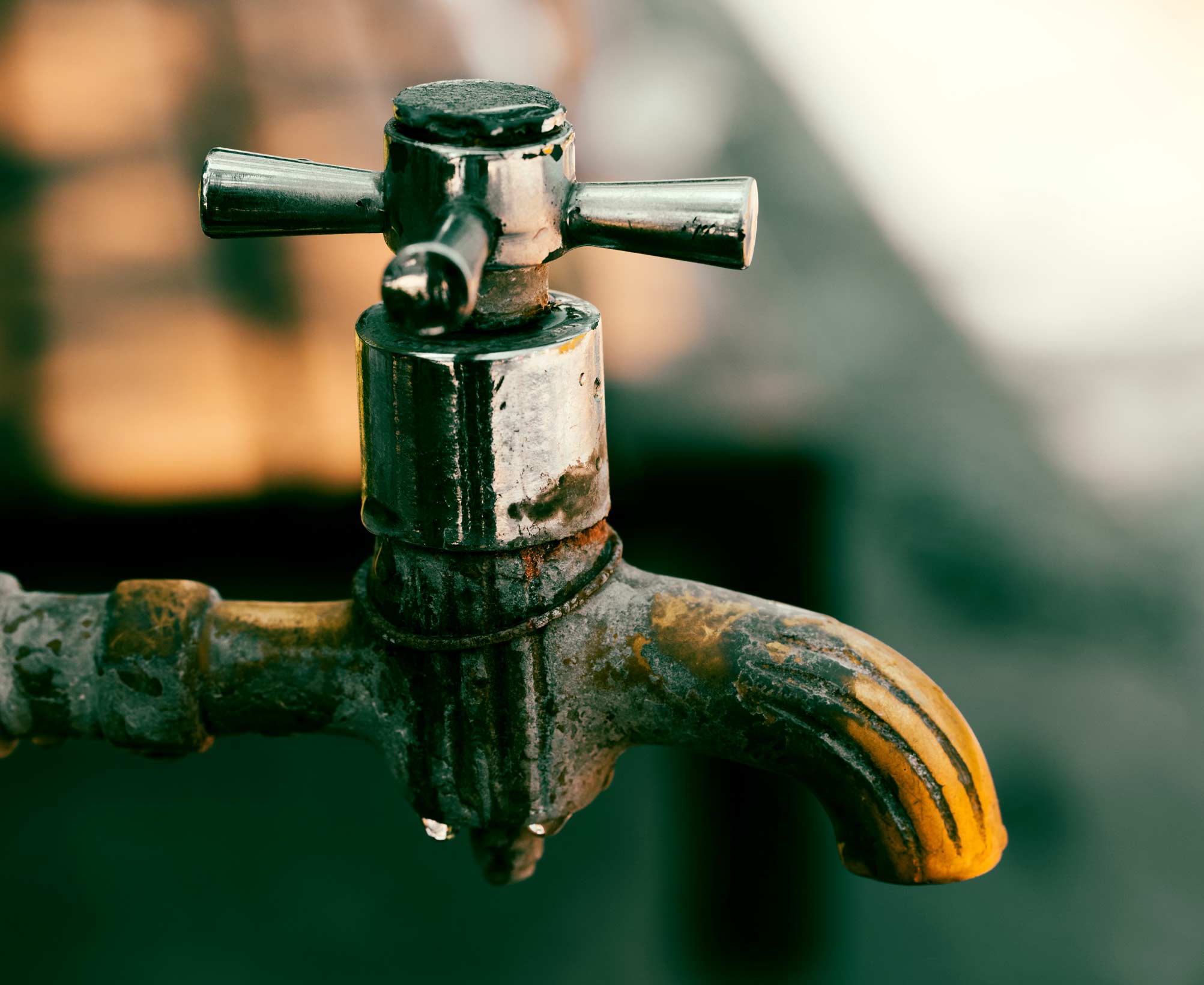
UN Water is an organization which coordinates the work of the United Nations in the water and sanitation sector.
KEY POINTS :
Coordination and collaboration :
UN Water brings together different United Nations agencies, international organizations and partners to work jointly on the issues linked to water and sanitation. They coordinate activities, share information and promote integrated approaches.
Global objectives :
UN Water supports the implementation of globally defined aims, such as the sustainable development goals (SDGs) linked to water and sanitation. They oversee progress made, identify challenges and encourage actions aimed at achieving these goals.
Raising awareness and advocacy :
UN Water raises awareness in the public, political decision makers and all parties implicated in water and sanitation challenges. They advocate for a sustainable system of management of water resources and for equitable access to them.
